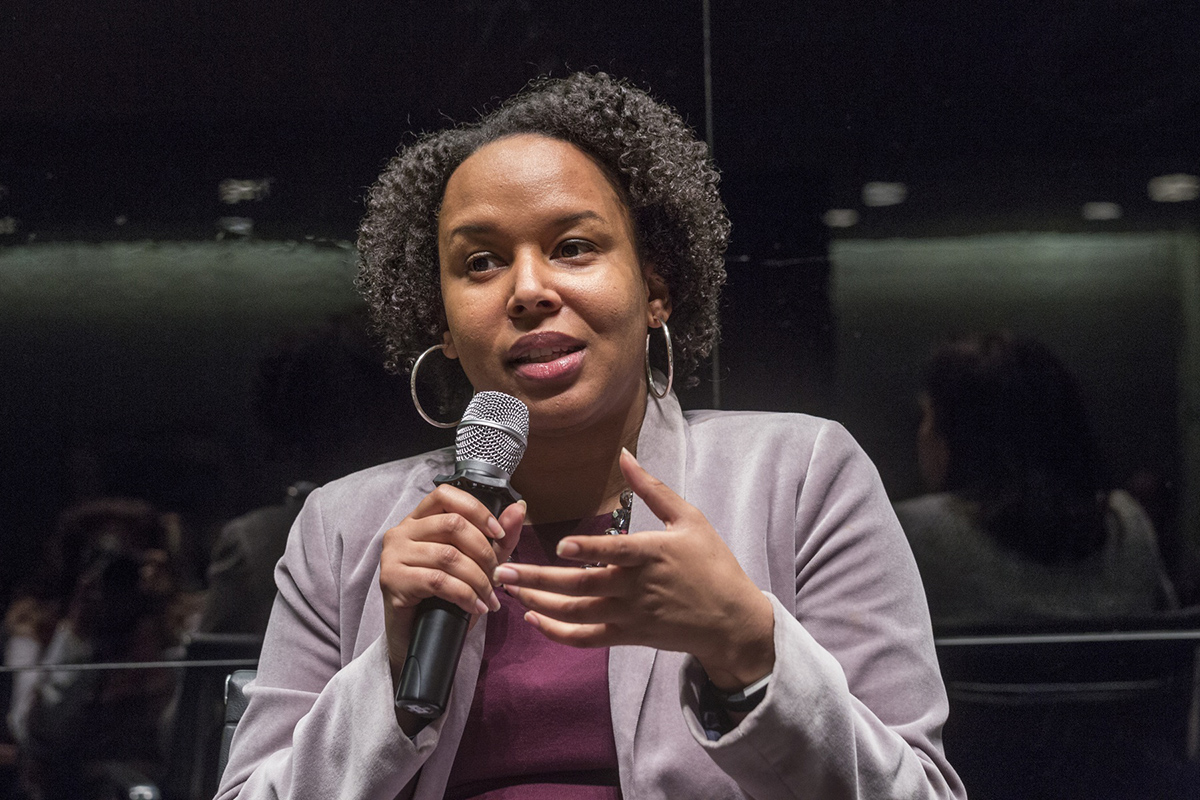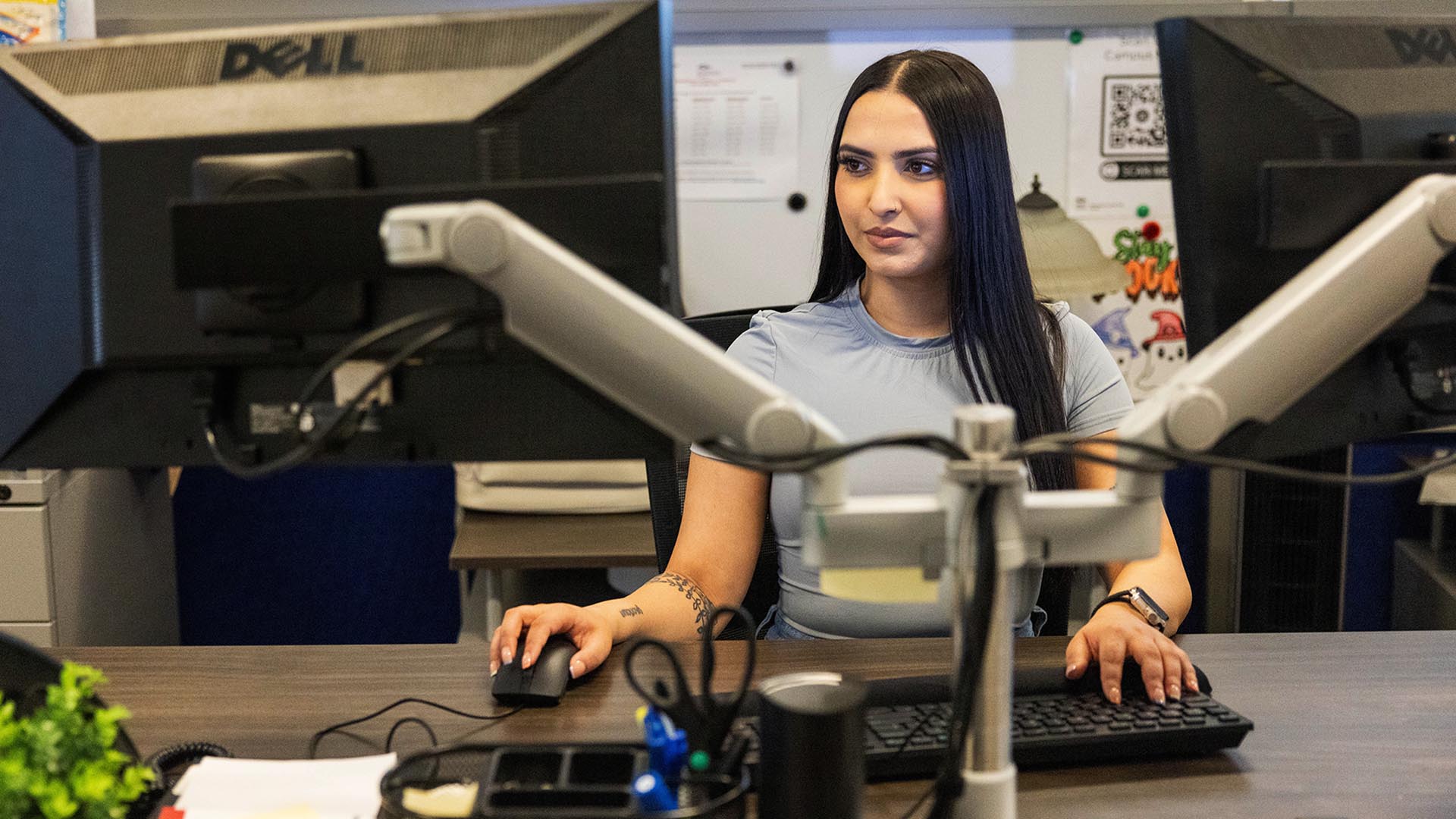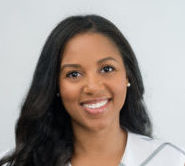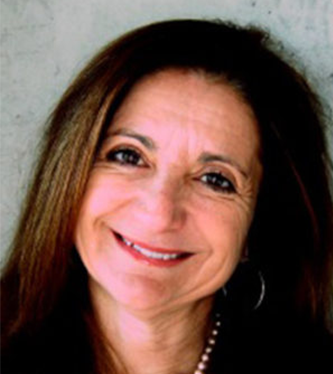Women challenging the norms
Two women who started movements in their communities will be speaking at the Women's Leadership Conference March 8 on the Auraria campus.

Faith Spotted Eagle, Native American activist and politician, is known for organizing opposition to the construction of the Keystone XL and Dakota Access oil pipelines in South Dakota. She is a member of the Ihanktonwan Dakota and is a trained mediator and peacemaker who incorporates traditional peacemaking with western approaches. Her priority is to preserve the good medicine of the Dakota culture for the future.
Bianca Williams is a black feminist cultural anthropologist. Her expertise on matters of race, gender and activism, including black feminist leadership and pedagogy, earned her the American Anthropological Association/Oxford University Press Award for Excellence in Undergraduate Teaching of Anthropology. She currently teaches at The City University of New York.
We got the chance to speak with them for insight into this year’s conference theme, Leading Beyond the Binary.
Why is the Women’s Leadership Conference important?
Faith Spotted Eagle: Women’s leadership circles are important in terms of formally creating space where intergenerational women who have earned leadership status and for women who have chosen to be leaders in their homes, families and on the grassroots level can gather as mentors, role models and learners outside of formal western systems. These spaces have to be safe spaces where women are not “policed” with rules created by men or patriarchies. It is important to acknowledge that, strangely enough, patriarchies can also have gatekeepers who are women who may have internalized misogyny.
Bianca Williams: We’re in a moment where I think all of us are trying to figure out what leadership is, what it looks like, what it means to everyone, and how it connects to the assumptions that we have around gender, which is often a very binary conversation. The conference is important because it allows for a space to affirm, encourage and recognize the work that folx, particularly women, are already doing but also to inspire others who are just at the beginning of their leadership and organizing practices. The conference gives an opportunity to highlight some of the work while also providing some of the steps.

Give us a sneak peek into what you’ll be focusing on in your message at the WLC.
FSE: I will be sharing what I have learned from an elder Indigenous viewpoint which was formed by my culture and my path in asserting Indigenous humane rights at every level, which actually are human rights for all people who live on Mother Earth.
BW: Radical Honesty is the pedagogy I use in the classroom. Radical Honesty is based on three modes of practice: truth-telling, sharing a personal narrative and taking action. Truth-telling is an emotional practice by being honest about the emotions that come up when learning and practicing anti-racism. This leads to learning how to tell a story, culminating with telling a personal narrative. Finally, using that emotion that energy, to do something, to take action. How to apply Radical Honesty to leadership and/or organizing events and how to put it into action in the “real world” will show up in the keynote.
This year’s WLC theme is about challenging the norms of what it means to be an effective leader. In your opinion, what are some characteristics of an effective leader?
FSE: In order to challenge the norms of what patriarchies and western systems have defined as women’s leadership, it is necessary to strive for an emotionally competent foundation of “being a good relative.” In order to be a good relative, one needs to continually recognize and untangle the impact that oppressive colonized systems have had on our individual psyche. This can take the shape of abuse, unhealthy power overall life. What I have learned from my daughter is that Native [American] people come from a non-consensual rape culture, where our minds, bodies and lands have faced violence from outside forces. We share this common denominator of violence with non-Native women. If we position ourselves as a leader, we must do what we expect other people to do because we can’t take people where we haven’t been. I can’t be a good hunter/gatherer if I haven’t hunted, gathered, or in this case worked on my healing from structural violence. Women grow up, or attempt to, in structurally violent systems.
BW: Active listening is one of the key and fundamental traits of an effective leader and organizer. What stood out to me when I was organizing in Colorado was that the people who were effective leaders were usually women, queer and trans folx, those listening to others for understanding and across-difference, really trying to understand someone who didn’t have the same identity or experiences as them and then finding a place of connection–not prescribing goals but being part of the community and listening to what they wanted and then fighting for that. Often times people assume leaders are on their own, have their own vision and ideas of what should happen, then assign the labor to other people and say go out and do it. The most effective leaders are the people who are empathetic and patient listeners, working within a collective; this is required to build alliances, required to make good strategy and required to be accountable to the people who they are in community with and are fighting for.
What challenges have you faced as a leader? Or as a woman? What were your strategies to overcome them?
FSE: The obstacles that I have overcome are similar to almost every woman in America, although many continue to exert privilege as an act of denial that misogyny exists, which is female-hating. My strength in overcoming these obstacles undeniably was my Native Dakota culture instilled by my Kunsi (grandmother) who died at the age of 104 in 1976. She willed me to do what had to be done through spiritual and cultural teachings. I was also raised like a son by a wonderful father who showed me that I could do anything, more than males did, sometimes better. However, ultimately it was ingrained in me to try to be a “good relative” or you would have nowhere to go and would live a lonely life. My life is full of relatives. I am not afraid, as my grandmother Ella Deloria said.
For someone who hasn’t found their voice to speak about any struggles they’ve had, what advice can you give?
BW: You have a story, you have an analysis of your story and your storytelling will get better as you tell it more. You have the tools. I know you don’t know what the steps are right now, but find the folx in your community who are organizing. Watch them, talk to them, listen to them. If you have the fire in your belly to make change, go find those other people, go figure out what about your story makes people understand the world and then go organize.







